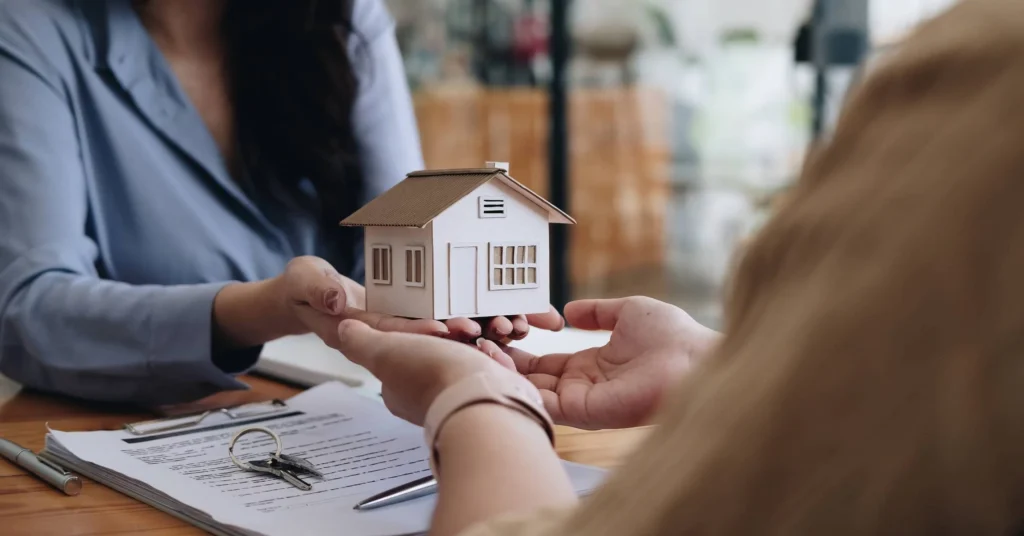More than half of homeowners are experiencing financial stress, according to a recent survey conducted by Hometap, a Boston-based financial technology firm that is leading the way in home equity financing solutions. This stress is a result of escalating homeownership costs that are outpacing income and delaying long-term aspirations. Many, however, are steadfast in their resolve to preserve their homes and the long-term worth they hold in spite of the pressure.
In recent years, the financial realities of homeownership have changed. Household budgets are under increasing strain due to rising expenses in almost every area of home ownership. As home values have risen, so too have property taxes, insurance premiums, and upkeep expenses. As a result, even as the value of their homes increases, many homeowners are finding it more difficult to keep up.
“Homeownership is meant to provide stability, but for many, that is no longer the reality,” said Jeffrey Glass, CEO of Hometap. “Our survey confirms what we hear from homeowners every day: rising costs are making it harder to manage day-to-day expenses, plan for the future, and navigate life’s financial ups and downs. While we believe in the long-term value of homeownership, we also believe that homeowners should be able to own a home and still invest in other life priorities.”
Key Highlights — National
These dynamics are real. Homeowners’ spending, saving, and future planning are being significantly altered by rising expenses. The results of Hometap’s most recent survey amply demonstrate this change:
- Financial stress is now a defining aspect of homeownership: More than half of homeowners (54.5%) report feeling moderately to extremely financially stressed, and 45% say rising homeownership costs are their top financial concern for the year ahead. Those feeling moderately to extremely financially stressed are still determined to stay in their homes, with 29.9% even considering getting a second job or side hustle if housing costs continue to rise. Despite the challenges, nearly 29% of financially stressed homeowners still believe that owning a home is worth it in the long run.
- Generational divides shape the experience of stress: Millennials (25-44) were more than four times as likely than baby boomers (61-79) to cite mortgage payments as their top source of stress (14.6% vs. 3.2%), reflecting the strain of buying in a high-rate environment. Baby boomers (61-79), on the other hand, reported more stress from insurance and maintenance expenses — costs that often rise with aging homes and fixed incomes.
- Rising costs are forcing long-term goals to take a back seat: A large majority of homeowners in general (79.5%) say housing costs are increasing faster than their income, and 62.3% report spending a higher share of income on housing than ever before. This has delayed other financial priorities: 44.4% say they’re unable to make progress on key goals, while more than one-third have reduced retirement contributions or postponed paying off debt. Even so, many continue to view homeownership as a long-term investment that can build wealth over time.
- Everyday spending is being reshaped, especially among those who feel moderately to extremely financially stressed: More than half (52.5%) have delayed home improvements, 49.5% have cut back on groceries, and 56.3% have reduced spending on vacations. A similar share (55.6%) have also scaled back on hobbies and personal spending, a notably higher rate than the overall homeowner population.
- Yet the belief in homeownership endures: Three out of four homeowners (75.6%) say owning a home is still part of the American Dream. That sentiment, however, varies by generation: while 62% of baby boomers (61-79) say homeownership still feels like a major accomplishment, only 50% of millennials (25-44) agree, and 16% say it now feels more like a financial burden.
“Owning a home today involves more tradeoffs than people realize,” said Katie, an Arizona homeowner who took a Hometap home equity investment. “While it’s not the version of homeownership that once defined the American Dream, my home is one of the only financial tools I have that feels like it can still work in my favor.”









